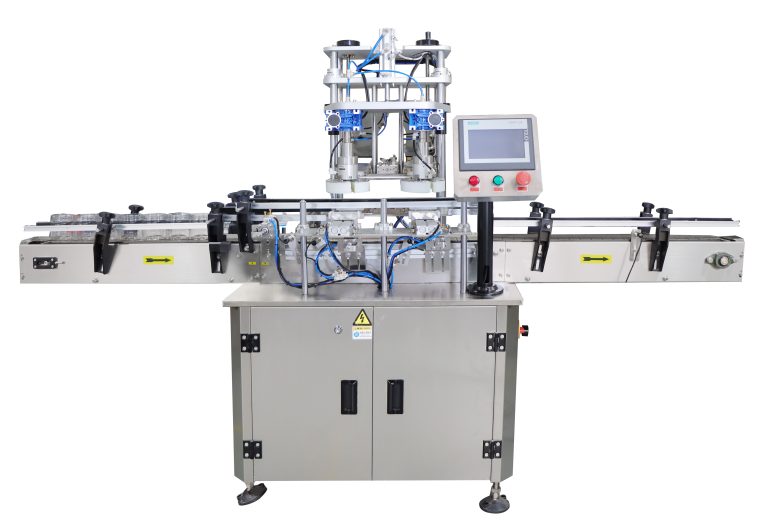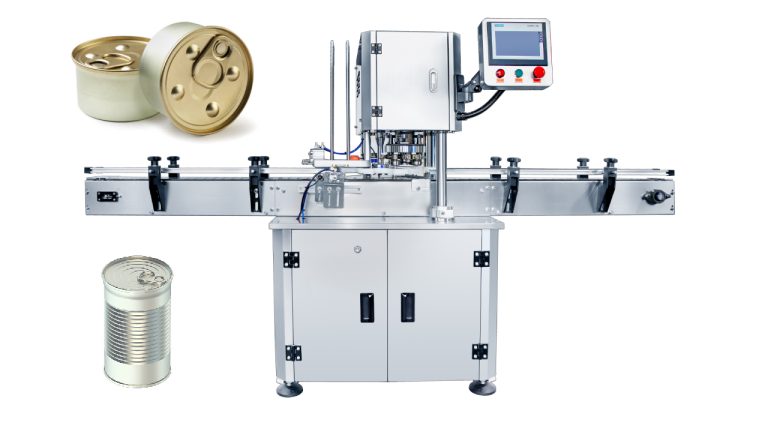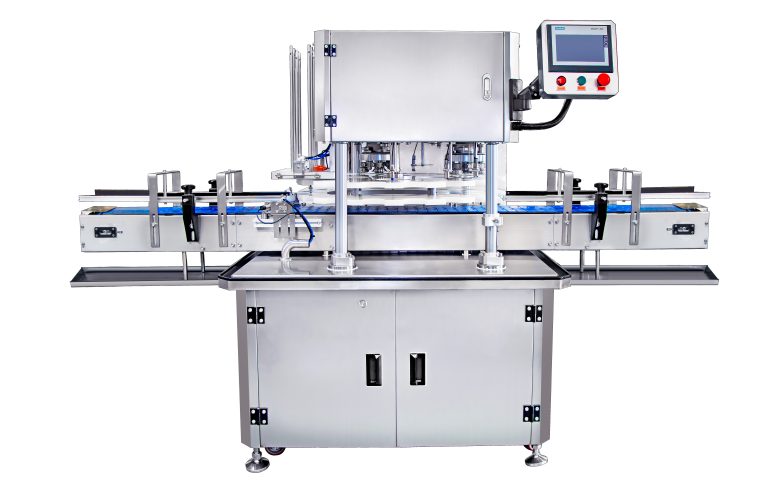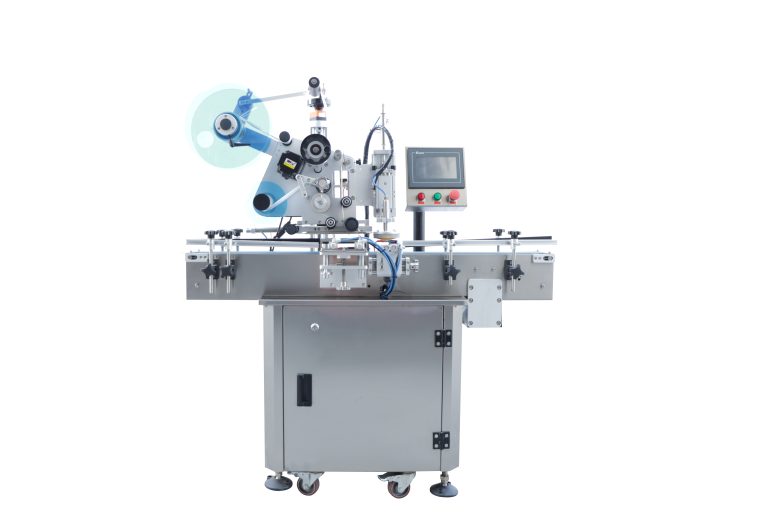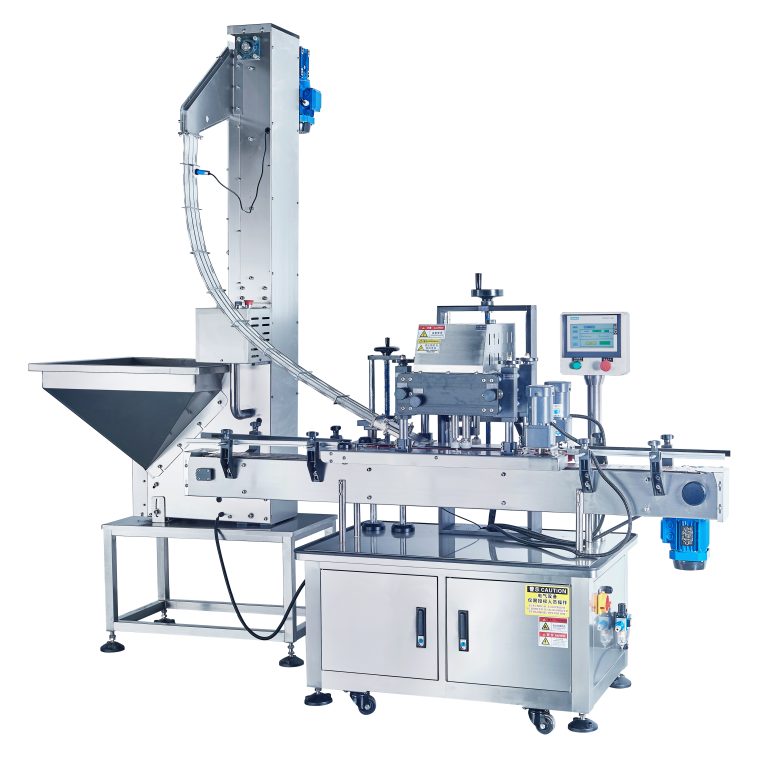Inhoudsopgave
Benefits of Using Food Filling Machines
Food filling machines are an essential piece of equipment for any food production facility. These machines are designed to accurately fill containers with various types of food products, such as liquids, powders, and granules. By automating the filling process, food filling machines can help increase efficiency, reduce waste, and improve overall product quality.
One of the key benefits of using food filling machines is their ability to accurately fill containers with the exact amount of product. This is crucial for ensuring consistency in product quality and meeting regulatory requirements. Manual filling methods are prone to human error, which can result in overfilling or underfilling containers. Food filling machines eliminate this risk by using precise measurements and controls to ensure that each container is filled to the correct level.
In addition to accuracy, food filling machines can also help increase production efficiency. These machines are capable of filling containers at a much faster rate than manual methods, allowing food manufacturers to meet high demand and increase output. By automating the filling process, food filling machines can also free up labor resources to focus on other tasks, further improving overall efficiency.
Another benefit of using food filling machines is their ability to reduce waste. Manual filling methods can result in product spillage and overfilling, leading to unnecessary waste and increased production costs. Food filling machines are designed to minimize waste by accurately filling containers with the correct amount of product, reducing the need for rework and ensuring that every product is utilized efficiently.
Furthermore, food filling machines can help improve product quality by reducing the risk of contamination. Manual filling methods can introduce contaminants into the product, such as dust, dirt, or bacteria, which can compromise product safety and quality. Food filling machines are designed to operate in a controlled environment, minimizing the risk of contamination and ensuring that each container is filled with clean, high-quality product.
In addition to these benefits, food filling machines are also versatile and can be customized to meet the specific needs of different food products. Whether you are filling bottles, jars, pouches, or cans, there is a food filling machine that can accommodate your product and packaging requirements. These machines can also be equipped with various features, such as capping, labeling, and sealing, to provide a complete packaging solution for your food products.
Overall, food filling machines offer a wide range of benefits for food manufacturers, including increased accuracy, efficiency, waste reduction, and improved product quality. By investing in a food filling machine, you can streamline your production process, reduce costs, and enhance the overall success of your food business. Whether you are a small artisanal producer or a large-scale manufacturer, a food filling machine can help take your production to the next level.
Types of Food Filling Machines Available
Food filling machines are essential equipment in the food industry, helping to streamline the packaging process and ensure efficiency and accuracy. There are various types of food filling machines available, each designed to meet specific needs and requirements. In this article, we will explore the different types of food filling machines and their applications in the food industry.
One of the most common types of food filling machines is the piston filler. This type of filler uses a piston to dispense a precise amount of product into containers. Piston fillers are versatile and can handle a wide range of products, from liquids to thick pastes. They are ideal for filling products such as sauces, dressings, and creams. Piston fillers are also known for their accuracy and consistency, making them a popular choice for food manufacturers.
Another popular type of food filling machine is the gravity filler. Gravity fillers rely on the force of gravity to fill containers with liquid products. These fillers are ideal for filling thin liquids such as water, juice, and oil. Gravity fillers are simple to operate and require minimal maintenance, making them a cost-effective option for small to medium-sized food manufacturers.
For products that require a more delicate touch, such as fragile fruits or vegetables, vacuum fillers are the ideal choice. Vacuum fillers use vacuum pressure to fill containers with products gently, minimizing the risk of damage. These fillers are commonly used in the packaging of delicate foods such as berries, grapes, and cherry tomatoes.
In addition to piston, gravity, and vacuum fillers, there are also rotary fillers available for high-speed production lines. Rotary fillers use a rotating carousel to fill containers with products quickly and efficiently. These fillers are ideal for high-volume production and can fill a large number of containers in a short amount of time. Rotary fillers are commonly used in the packaging of products such as beverages, sauces, and condiments.
For products that require precise filling weights, net weight fillers are the best option. Net weight fillers use scales to measure the exact weight of the product being filled into containers. These fillers are ideal for products sold by weight, such as nuts, candies, and snacks. Net weight fillers ensure accuracy and consistency in the filling process, helping food manufacturers meet regulatory requirements and customer expectations.
In conclusion, food filling machines play a crucial role in the food industry, helping to streamline the packaging process and ensure efficiency and accuracy. There are various types of food filling machines available, each designed to meet specific needs and requirements. Whether you are filling liquids, pastes, delicate fruits, or products sold by weight, there is a food filling machine to suit your needs. By choosing the right type of filler for your product, you can improve productivity, reduce waste, and deliver high-quality products to your customers.
Tips for Choosing the Right Food Filling Machine for Your Business
Food filling machines are essential equipment for businesses in the food industry. These machines are designed to accurately fill containers with various types of food products, such as liquids, powders, and granules. Choosing the right food filling machine for your business is crucial to ensure efficiency, accuracy, and consistency in your production process. In this article, we will provide you with some tips on how to choose the right food filling machine for your business.
The first step in choosing the right food filling machine is to determine the type of food product you will be filling. Different types of food products require different types of filling machines. For example, liquids such as sauces, juices, and oils are best filled using liquid filling machines, while powders such as spices, flour, and sugar are best filled using powder filling machines. Granular products such as rice, beans, and nuts are best filled using granule filling machines. By identifying the type of food product you will be filling, you can narrow down your options and choose the most suitable filling machine for your business.
Another important factor to consider when choosing a food filling machine is the production capacity of your business. Food filling machines come in a variety of sizes and capacities, ranging from small tabletop machines to large-scale automated systems. It is important to choose a filling machine that can meet the production demands of your business. If you have a small-scale operation, a tabletop filling machine may be sufficient. However, if you have a high-volume production facility, you may need to invest in a larger automated filling system to meet your production needs.
In addition to production capacity, it is also important to consider the speed and accuracy of the filling machine. Speed and accuracy are crucial factors in ensuring the efficiency and consistency of your production process. Look for a filling machine that can fill containers quickly and accurately to minimize downtime and waste. Some filling machines come with advanced features such as automatic filling controls, adjustable filling speeds, and precision filling nozzles to ensure accurate and consistent filling results.
When choosing a food filling machine, it is also important to consider the type of containers you will be filling. Different filling machines are designed to fill different types of containers, such as bottles, jars, pouches, and cans. Make sure to choose a filling machine that is compatible with the size, shape, and material of the containers you will be using. Some filling machines come with interchangeable filling heads and nozzles to accommodate different container sizes and shapes, providing you with flexibility in your production process.
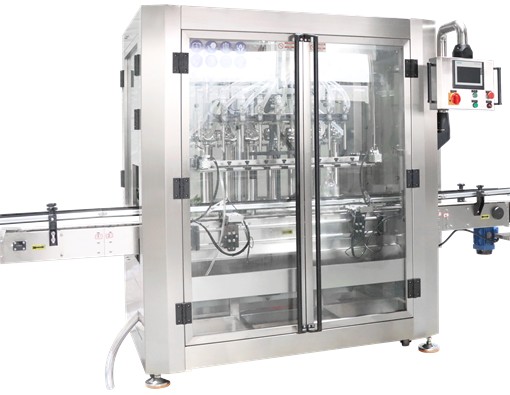
Lastly, consider the maintenance and support services offered by the manufacturer of the filling machine. Regular maintenance and servicing are essential to ensure the longevity and performance of your filling machine. Look for a manufacturer that offers comprehensive maintenance plans, spare parts availability, and technical support to keep your filling machine running smoothly. Additionally, consider the warranty and after-sales support provided by the manufacturer to ensure peace of mind and assistance in case of any issues with your filling machine.
In conclusion, choosing the right food filling machine for your business is a crucial decision that can impact the efficiency, accuracy, and consistency of your production process. By considering factors such as the type of food product, production capacity, speed and accuracy, container compatibility, and maintenance and support services, you can select the most suitable filling machine for your business. Invest in a high-quality food filling machine that meets your specific needs and requirements to enhance the productivity and success of your food production operations.

